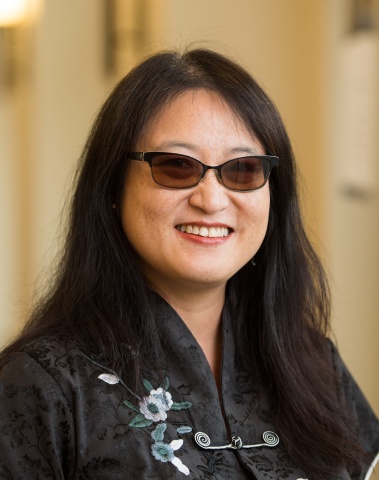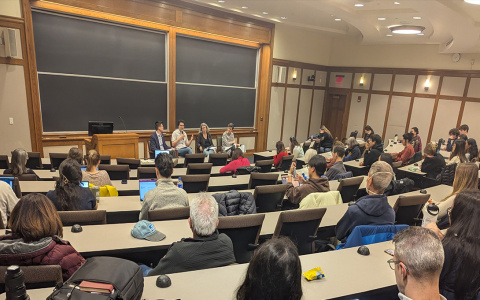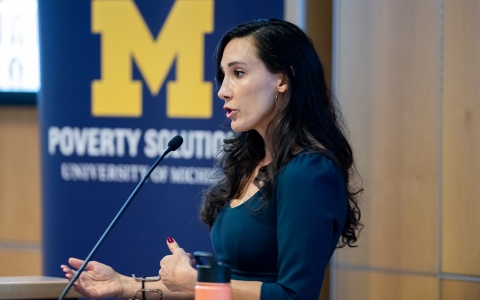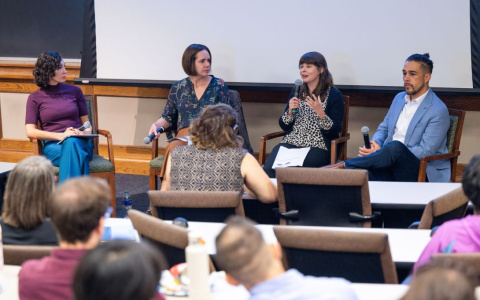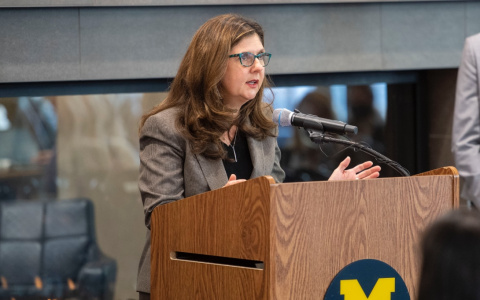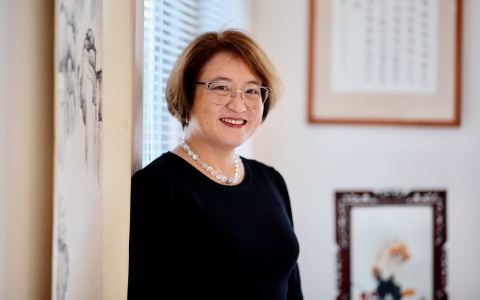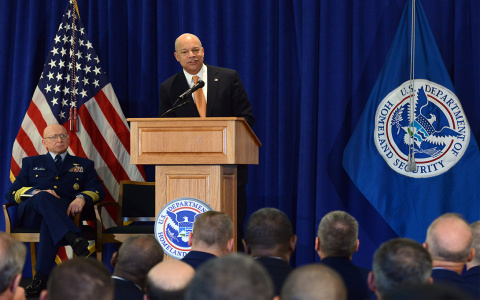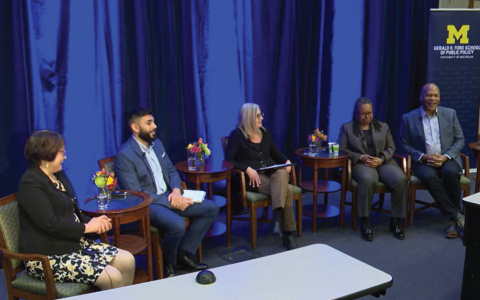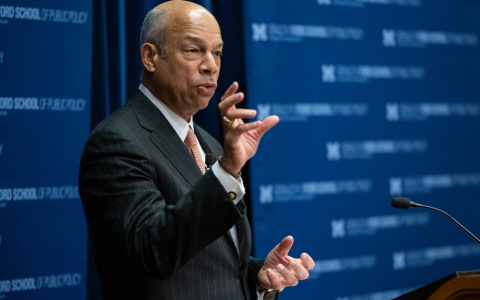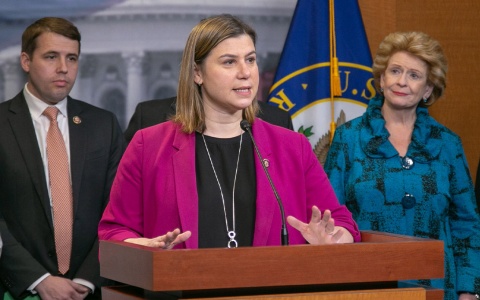Ann Chih Lin
Ann Chih Lin is an associate professor of public policy at the Gerald R. Ford School of Public Policy and director of the Lieberthal-Rogel Center for Chinese Studies, both at the University of Michigan. Since 2016, she has also been responsible for course scheduling, staffing, and enrollment as the Ford School’s course manager. At the Ford School, Lin teaches core courses including PP 510 (The Politics of Public Policy); PP 638 (Integrated Policy Exercise); and PP 778 (Policy Skills). She also leads the graduate global experience course on current Chinese policy and teaches both graduate and undergraduate policy seminars on immigration and on voting.
Lin studies policy implementation: the provisions that make policy easy or difficult to implement, the beliefs and behavior of people who implement policies, and the reactions of those who are targeted by policy. She is especially concerned with policy implementation in the context of racial and ethnic difference. Her recent work examines national, racial, and ethnic differences in beliefs, behavior, and the experience of the COVID-19 pandemic. One project is a multi-national study of blame allocation between China and the United States (with Yuen Yuen Ang, Wenjia Song and Twila Tardif). A second examines Black, Latino, and White experiences of the pandemic in majority-minority neighborhoods in nine U.S. cities, four additional cities along the Texas-Mexico border, and in Puerto Rico (with Twila Tardif, Ana Patricia Esqueda, and Lywdan Perez-Westerband). She is also interested in the evolution and design of subnational labor migration policies in the United States, Canada, and Australia.
Lin has a long-standing interest in the experiences of Arab immigrants to the United States. She has been interviewing Arab immigrants in the metro Detroit area since 2008. She was co-principal investigator on the Detroit Arab American Study, a landmark public opinion survey of Arab Americans in Detroit, and a co-author of a book on the study, Citizenship in Crisis: Arab Detroit after 9/11 (with Wayne Baker, Sally Howell, Amaney Jamal, Andrew Shryock, Ronald Stockton, and Mark Tessler). With Mohamed Abbadi, Yan Chen, and Kentaro Toyama, she is currently exploring interventions to reduce bias against Muslims. She is also writing a comparative study of bias against Germans, Japanese, and Muslim immigrants during World War I, World War II, and the “War on Terror,” and studying the development of conservative political beliefs among immigrants in the context of conservative opposition to immigration in the United States.
Lin began her career examining the implementation of social policies. Her first book, Reform in the Making: The Implementation of Social Policy in Prison (2000) examined staff and prisoner participation in education, vocational training, and drug treatment programs in five medium-security male prisons, four federal and one state. She stays involved with criminal justice issues as a member of the Community Corrections Advisory Board of Washtenaw County, Michigan. Lin also has a strong interest in anti-poverty policy, as demonstrated in two edited volumes: The Colors of Poverty: Why Racial and Ethnic Disparities Exist (co-edited with David R. Harris, 2008) and Coping with Poverty: The Social Contexts of Neighborhood, Work, and Family in the African-American Community (co-edited with Sheldon Danziger, 2000).
Lin received her PhD in political science from the University of Chicago in 1994 and was the 1992-93 Robert W. Hartley Fellow in Governmental Studies at The Brookings Institution in Washington, D.C. Prior to receiving her PhD, Dr. Lin was a social worker at Covenant House in New York City, and a member of the Covenant House Faith Community. In 1991, she worked as a consultant to the ACLU on Freeman v. Pitts, a landmark desegregation case from DeKalb County, Georgia.
Educational background
- PhD in political science, University of Chicago
- AB in history (magna cum laude), Princeton University
Certificate in East Asian studies
